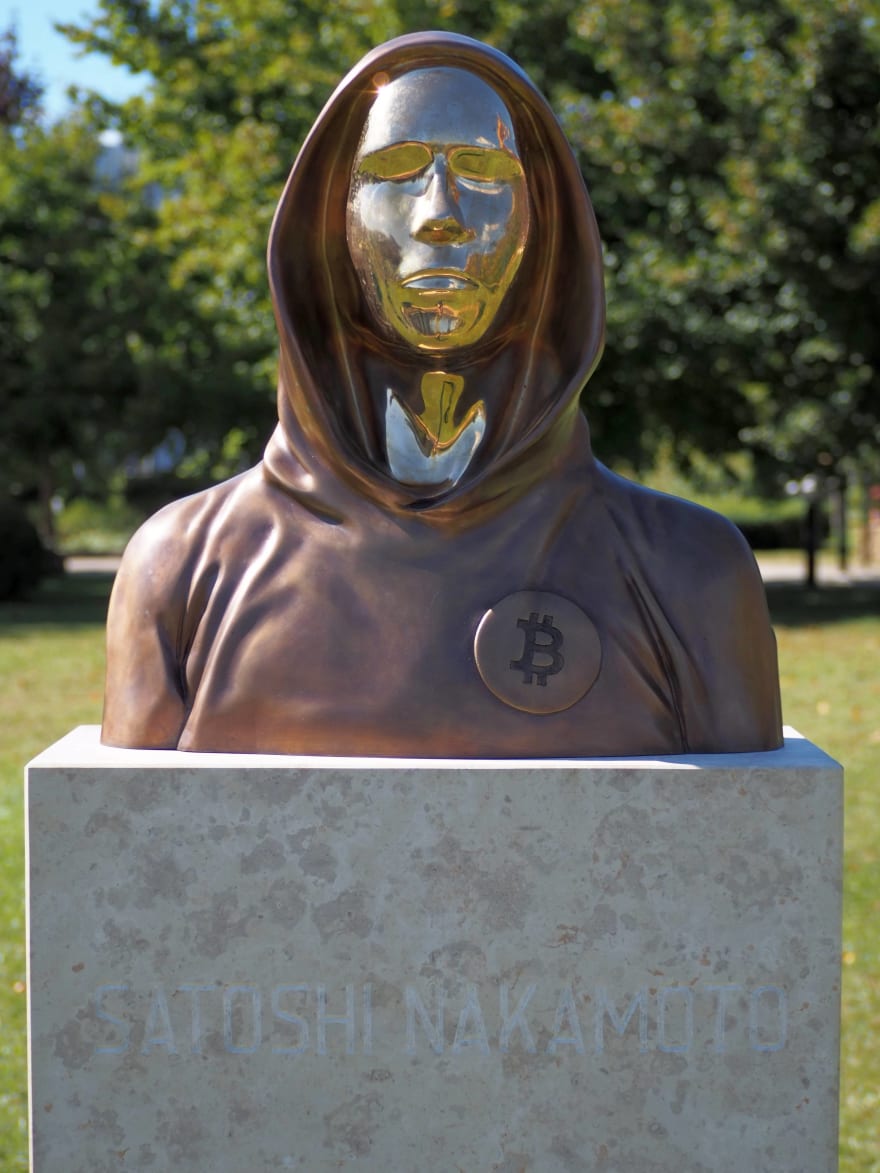🚀 BEP20
BEP20, an abbreviation of Binance Smart Chain Evolution Proposal, is the standard for creating digital tokens on the Binance Smart Chain (BSC).
BSC is a blockchain, or cryptographic ledger, that was launched in September 2020 to run smart contracts for enabling decentralized applications (dApps).
Cryptocurrency tokens are used to process transactions and transfer value on a blockchain. Token standards create common functionality so that tokens on a common standard can interact with cryptocurrency exchanges and wallets that support the standard.
Users pay for BEP20 token transactions using Binance coin BNB.
More on BEP20 -
🚀Barter Economy
Barter Economy is a trading system where goods and services are traded without the use of money. This type of economy is cashless, which means that there is no need for physical currency. Instead, goods and services are exchanged at negotiated rates.
🚀Bitcoin Mining Pools
In the context of cryptocurrency mining, a mining pool is the pooling of resources by miners, who share their processing power over a network, to split the reward equally, according to the amount of work they contributed to the probability of finding a block.
A Bitcoin mining pool is a network of miners who work collaboratively to verify transactions and complete blocks on the Bitcoin platform.
This makes mining Bitcoin faster and perhaps more cost effective than mining it as an individual. When blocks are completed successfully, the rewards are shared equitably to each member of the pool.
More on Bitcoin Mining Pool -
🚀Distributed Network
A distributed network is a computer system in which programming, software, and data are spread out across more than one computer. This allows for complex messages to be communicated between nodes (computers) and helps keep the system dependable.
In a supply chain, a distribution network refers to an interconnected group of storage facilities and transportation systems that receive inventories of goods and then deliver them to customers.
🚀 Dorian Nakamoto
Dorian Nakamoto is one of the suspected identities of the Bitcoin inventor. It is believed that Bitcoin was, at least primarily, developed by a single individual.
🚀 ERC 1155
ERC1155, is the short form for “Ethereum Request for Comments 1155”. It is a token standard mainly used for NFTs (non-fungible tokens).
ERC 1155 is a recent development in the Ethereum Blockchain. It is a new token that aims to change the way DApps operate within the blockchain.
The introduction of this standard token has improved user experience and programming. The standard token serves as a storage front for tokens that mimic the features of a real token.
🚀 Hard Cap
The hard cap mechanism prevents runaway inflation from occurring in response to increasing demand for a coin, which would cause the price per unit of the currency to fall below its production cost.
A hard cap is a limit placed by a blockchain's code on the absolute maximum supply of a particular cryptocurrency.
🚀 Mainnet
A mainnet refers to the live version of an independent blockchain network, such as Bitcoin, which typically launches after a period of testing on a test network (testnet).
A testnet is a parallel version of the network that developers use to test its functionality to identify issues and troubleshoot any errors before it goes live.
The mainnet version of a blockchain is operational at full capacity, processing transactions by verifying each block and recording them on the distributed ledger.
🚀 Mining Coin
‘Mining coin’ is a technical term which means the processes involved in the generation of new coins or the verification of transactions across the blockchain network.
More on Mining Coins
🚀 Mining Rig
A mining rig is an arrangement of hardware elements, either CPU, GPU, FPGA or ASIC that have been arranged to perform cryptocurrency mining.
🚀 Proof of Stake
Proof of stake is a consensus system that has been used extensively by crypto owners to validate transactions.
Crypto owners employ this system to stake coins, verify and add new blocks of transactions to the blockchain.
A consensus mechanism is a technique for verifying and securing entries in a distributed database — the consensus that provides security for the database in the case of crypto is the blockchain.
More on Proof of Stake -
🚀 Smart Contracts
Smart contracts are programs stored on a blockchain that run when predetermined conditions are met.
A network of computers execute the actions when predetermined conditions have been met and verified. These actions could include releasing funds to the appropriate parties, registering a vehicle, sending notifications, or issuing a ticket.
The blockchain is then updated when the transaction is completed. That means the transaction cannot be changed, and only parties who have been granted permission can see the results.
More on Smart Contracts -
🚀 Satoshi
A Satoshi is the smallest unit of Bitcoin, as in the least entity that Bitcoin can be broken into. Like a dollar has quarters, some tokens have smaller units in the crypto world. For Bitcoin, it is the Satoshi.
🚀 Unstoppable Domains
Unstoppable Domains is a company on a mission to decentralize the web. They offer decentralized websites and user-owned, blockchain-based domain names that replace cryptocurrency addresses with human-readable URLs. Unstoppable Domains prioritizes ownership of an individual’s digital identity and simplifies crypto payments.










Top comments (1)
Learned so much just now thanks.